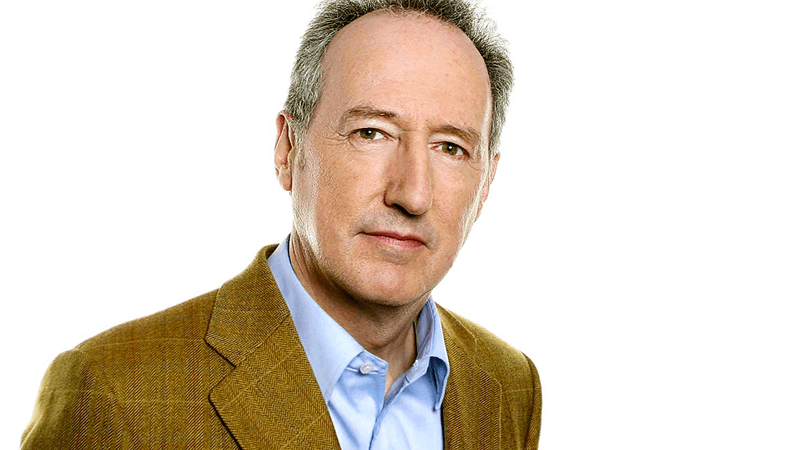The BBC’s “liberal and secular” staff are “dangerously out of touch” with religious people, according to a prominent presenter at the corporation.
Roger Bolton, who hosts Feedback on Radio 4, said the BBC’s workforce is “more liberal and secular than the rest of the country”, and shares little common ground with communities for whom religion is central to their lives.
He also said the broadcaster’s religious coverage strategy is ‘confusing’ and “not fit for purpose”.
‘Dysfunctional’
Bolton, who presented Radio 4’s main religious news programme, Sunday, for 12 years, added that the BBC’s lack of a head of religion contributed to the current “mess”, which he claimed has been “an accident waiting to happen”.
He branded the corporation “dysfunctional” in the wake of its decision to scrap its permanent Religion and Ethics department – despite having recently proclaimed how committed it was to religious broadcasting.
The BBC’s decision to weaken its religious programming team came just after Ofcom instructed the corporation to broadcast more religious content during prime time on BBC One and BBC Two.
‘No forward planning’
Two weeks ago, Ofcom told the BBC that it must air at least 115 hours of new religious programming per year.
Writing for the Church Times, Bolton said it was hard to disagree with the broadcasting trade union BECTU, who said the fact that Songs of Praise would no longer be produced by the BBC but by an independent company showed “an abject lack of forward planning”.
Gerry Morrissey, BECTU’s leader, said that such decisions put a question mark over “the whole future of religion and ethics-based programming by the BBC”.
A BBC spokesman said that no other broadcaster was doing more on religion.
‘Not impartial’
Last week, the BBC was criticised for employing a disproportionately high number of LGBT people.
It was revealed that 11.5 per cent of bosses and 10.6 per cent of staff are lesbian, gay, bisexual or transsexual.
According to the Office for National Statistics, only 1.7 per cent of the UK population are lesbian, gay or bisexual.
Former BBC Political Editor Andrew Marr has previously described the corporation as a “publicly-funded, urban organisation with an abnormally large number of young people, ethnic minorities and gay people”, adding that it is “not impartial or neutral”.

